Burundi is grappling with a worsening economic crisis marked by a severe shortage of foreign currency, skyrocketing prices of essential goods, and an ongoing fuel scarcity that has disrupted lives and livelihoods across the country. Civil society groups blame poor governance, economic mismanagement, and speculative practices for deepening the crisis, which has left many Burundians struggling to afford basic needs.
For more than two years, the prices of essential goods have surged exponentially, worsening the burden on ordinary citizens. The local Anti-corruption and economic malpractice observatory – OLUCOME reports that between April and November 2024, prices of 36 key products doubled. The watchdog attributes this to dwindling foreign currency reserves and speculative management of the country’s limited resources.
“These issues require immediate intervention,” said OLUCOME Chairman Gabriel Rufyiri in a November press release, calling on Parliament and the Ombudsman to take decisive action. The organization also demanded the resignation of the Minister of Commerce. However, the government has yet to respond to these demands.
The fuel shortage has hit the transport sector particularly hard, impacting public and private services. Commuters face exorbitant fares, with many unable to afford transportation to work.
I decided to quit my job because I couldn’t afford the daily transportation costs,” said 31-year-old Sandrine Kanyamuneza, who worked in Kanyosha, south of Burundi’s economic capital, Bujumbura. Living in a central city neighborhood, she faced daily taxi fares of 70,000 Burundian francs, while her monthly salary was just 300,000 francs. “Buying clothes and feeding my younger sisters has become a struggle,” she added.
In response to the crisis, the government introduced the “Igitoro Pass” system through SOPEBU, the state-run fuel distribution company, to regulate fuel allocation. Some transport operators see potential in the system but argue it requires significant improvement. “The system has potential, but it must be revised to address its flaws,” said Charles Ntirampeba, Secretary-General of ATRABU, the Association of Burundi Transporters.
Earlier this month, a video of President Evariste Ndayishimiye urging wealthy citizens to refrain from importing luxury vehicles and instead use foreign currency to purchase fuel went viral. The President’s appeal underscores the urgency of the fuel crisis but has been met with mixed reactions.
The crisis has also caused significant delays for civil servants, particularly in Bujumbura, where most public institutions are concentrated. Labor Minister Vénuste Muyabaga recently announced stricter measures to penalize tardy government employees, despite their struggles with transportation. “While transport issues are legitimate, they should not justify non-compliance with working hours. We must find solutions while staying on the job,” Muyabaga said, according to local radio station Bonesha FM.
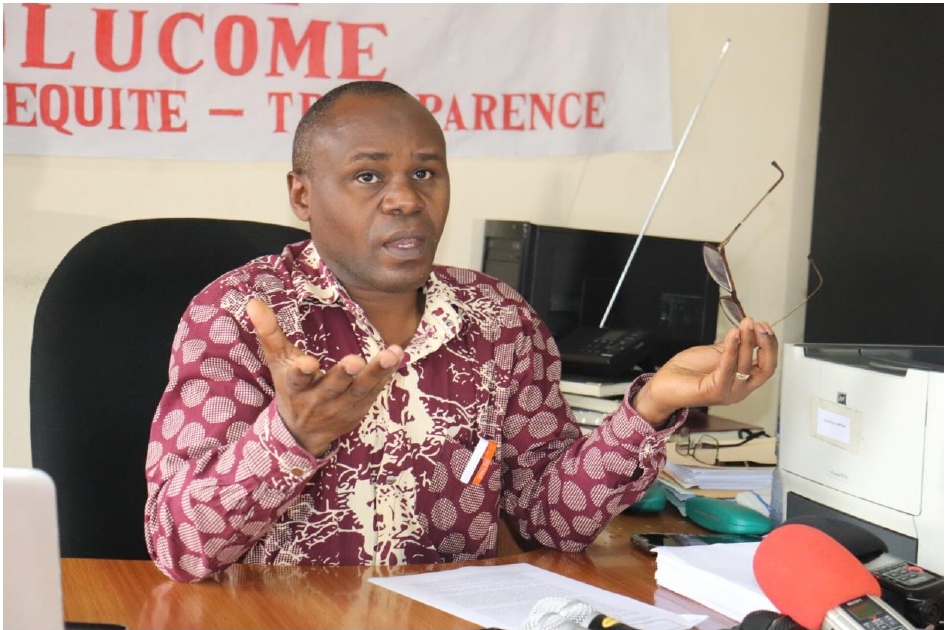
Ripple Effects and Rising Costs
The fuel shortage has amplified inflation and disrupted supply chains, driving up the cost of essential goods and services. Critics accuse the government of failing to implement effective measures to stabilize prices or improve supply chain efficiency.
In a controversial statement earlier in July, Burundi’s Ombudsman, Aimé Laurentine Kanyana, suggested that city residents adapt by walking. The remark sparked backlash, with many accusing her of being out of touch with the struggles of ordinary citizens.
Amid these challenges, the government has called on citizens to boost productivity in all sectors to address the trade deficit and increase foreign currency reserves. Yet, significant improvements remain elusive.
Stakeholders across society are urging comprehensive reforms to address the root causes of the crisis. OLUCOME has highlighted corruption and governance failures as key contributors to Burundi’s economic woes, calling for meaningful dialogue with civil society and private sector actors.
Transport operators have proposed a national forum to address challenges in their sector and formulate actionable solutions. “We need a collective effort to resolve these issues,” said Ntirampeba.
Burundi’s upcoming economic forum on December 5-6, 2024, is a beacon of hope for some, with expectations that it may attract foreign investment and generate practical recommendations for stabilizing the economy. The 23rd COMESA Summit in October similarly emphasized regional cooperation to combat shared economic challenges.
Public Frustration Grows
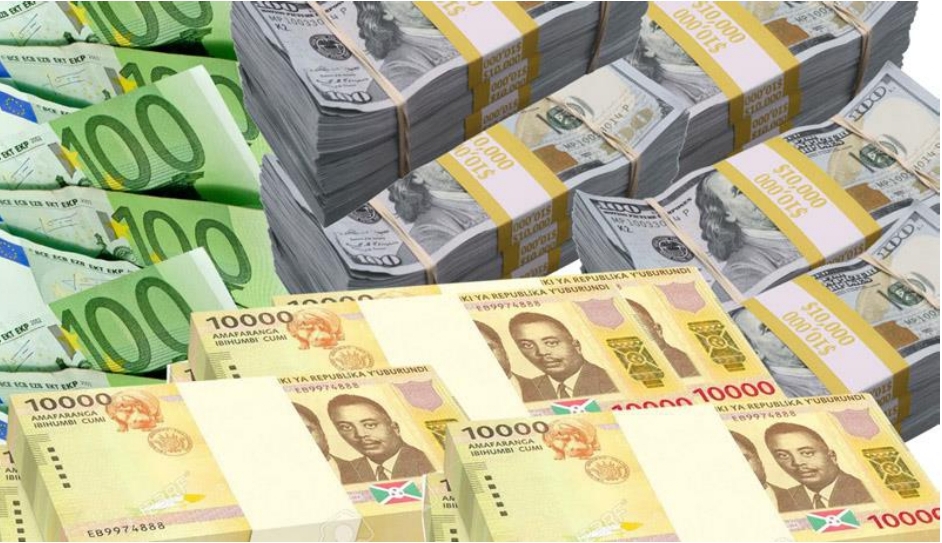
Despite high-level initiatives, many Burundians remain unconvinced of any immediate relief. “We have no hope that the situation will improve,” said Kanyamuneza, reflecting the prevailing sentiment among citizens.
In a bold move, OLUCOME has proposed that the government seek a $30 million loan from development partners to address the crisis. In an earlier press release, Rufyiri even called for public demonstrations — a rare move in a country known for its crackdown on protests. ‘If the government wants to understand our stance on this crisis, it must allow us to hold peaceful protests,’ Rufyiri said. “People are frustrated, and the government must address their concerns.”
Political leaders have also joined the criticism. Anicet Niyonkuru, chairman of the Conseil des Patriotes (CDP) party, dismissed the “Igitoro Pass” as a temporary solution. “This system is not a durable solution to the fuel shortage,” he told a local radio station. “If nothing is done, I fear transport companies will shut down and relocate to neighboring countries.”
The financial toll is already evident. Volcano, a major public transport company, reported a dramatic drop in annual turnover—from over 6.37 billion Burundian francs in 2020 to just 400 million francs by November 2024. “This situation could become perilous for other transport companies if urgent measures are not taken,” Ntirampeba warned.

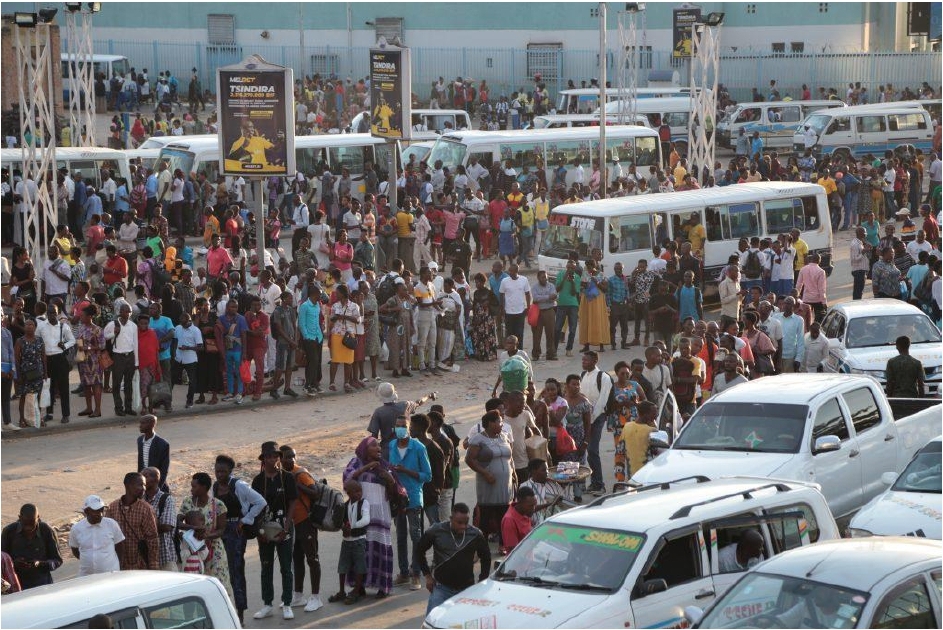
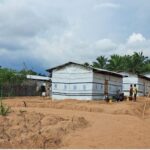


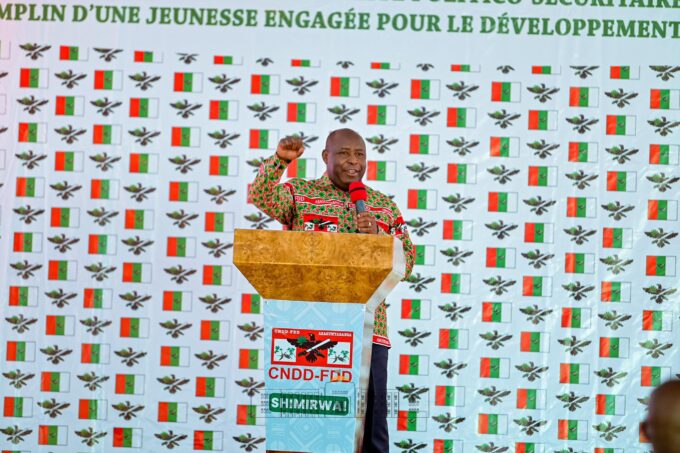
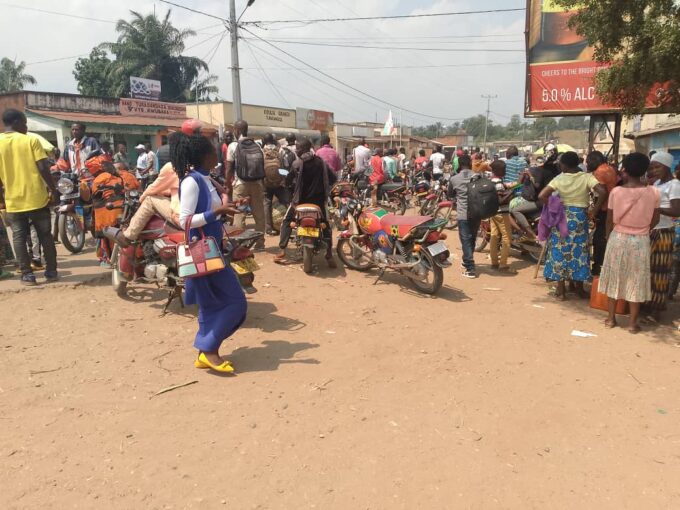
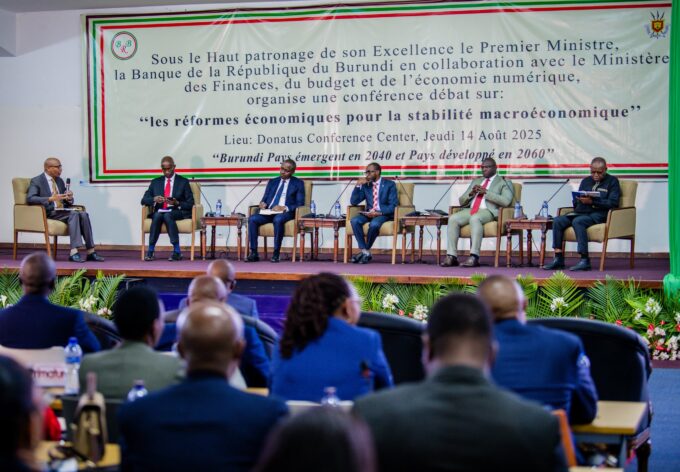
6 Comments